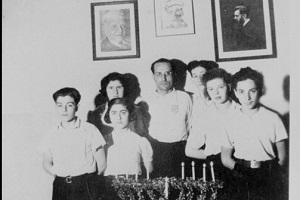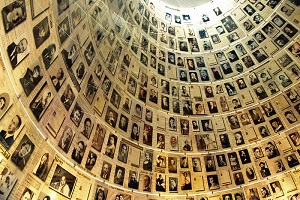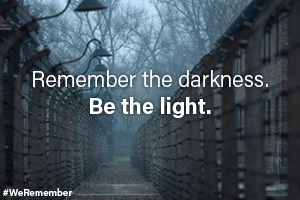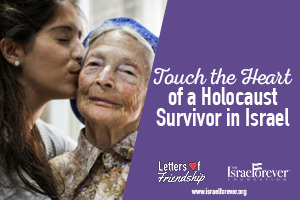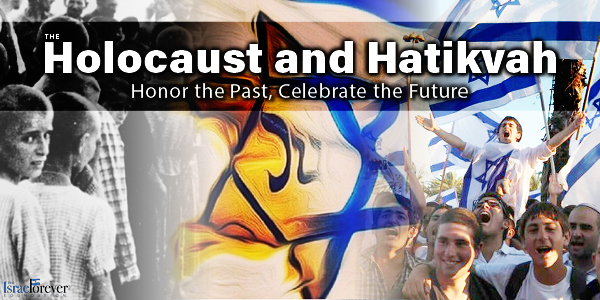Remembrance is the secret to redemption
by Prof. Aviad Hacohen
Like many of my colleagues who were born into the quiet and safe eras (relatively speaking), well after the State of Israel was established and a safe distance from the Heil Hitler chants of the masses in Berlin, my first "recollection" of the Holocaust was a visual image. It was the blue tattooed number on the arm of my teacher, my neighbor or the grocery vendor. And they all talked in a weird accent and spoke broken Hebrew.
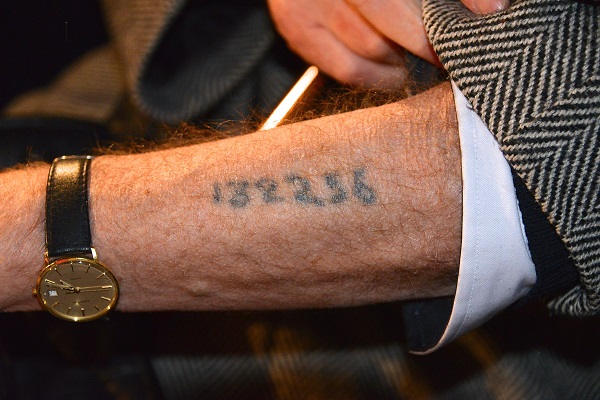
We didn't quite understand what was going on. These were well-respected adults, who were always wearing a tie and a jacket even when it was scorching hot outside. Would they do that to themselves just because of some tattoos, we wondered. The threatening look this question elicited made it clear that we had better keep quiet.
There has always been an atmosphere of doom and gloom at the homes of some of the my friends whose parents were Holocaust survivors. These friends usually had no siblings; their parents would typically be 40 years their senior. They never had a grandfather or a grandmother they could go to on weekends and holidays.
Another experience involved the barber shop. Every time I walked and settled in the chair, I would hear the same thing all over again from Mr. Yaakobovich: "Very nice, Blessed are You God Who has chosen us from among all nations? You have chosen us?" he would ask, looking at the kippah I had placed on the counter. I could see the barber's reflection in the mirror, as the he cleaned his scary blade against the brown leather strap of the chair. He would always have tears in his eyes when he said that, his arm would be hoisted up above, with the number exposed for everyone to see.
Over the years we have learned a thing or two, perhaps too little though, about what went "before," about the killing machine, about those who went "like lambs to the slaughter" ? an expression that has over the years been discarded in favor of a more sober and wiser view of how events unfolded, a view that shows understanding and respect for the survivors and those who perished. Later, as grown-ups, we were exposed to the whole array of Holocaust terminology, with all of the horrible words bursting out: Auschwitz, Treblinka, Majdanek, Terezin, Sobibor, Sonderkommando, Hitler Youth, death march and March of the Living.
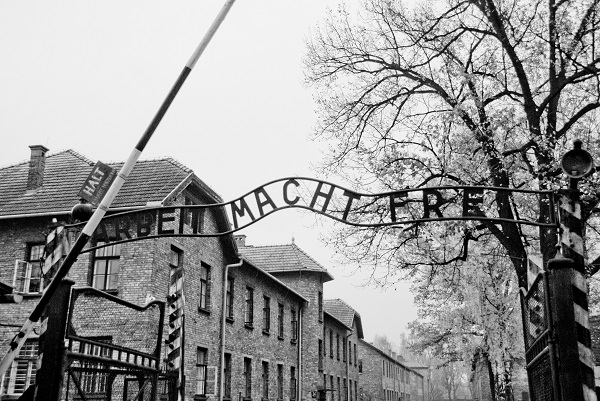
And of course there were the trials, each captivating on its own right and each shedding its own unique light: the Kastner trial, the Eichmann trial, the Demjanjuk trial.
As the years passed, the questions grew more and more pressing. Where was God during the Holocaust? And just as important, where was man? What quality of life did the survivors obtain? These questions resurface every year in full force during the "Seven Days of Zionist Repentance" between Holocaust Remembrance Day and the Memorial Day for Fallen Soldiers and Victims of Terrorism. These questions underscore the helplessness that every person has felt, particularly if they are religious, in the face of the inexplicable. How could millions, including righteous people, Hasidic Jews and 1.5 million children who have were too young to commit a single sin or taste what life really was, be led to their death? "The world remained silent," one prominent survivor said, and it also keeps mum in the face of other atrocities that are happening here and now, even though nothing compares to the Holocaust and nothing is of the same magnitude.
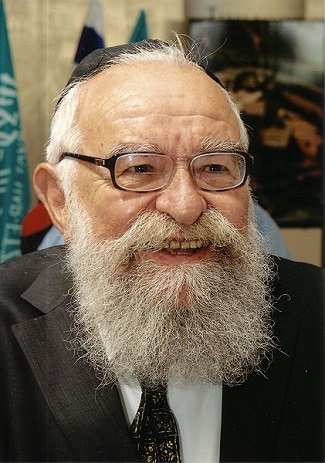
Rav Yehuda Amital portrait by Yeshivat Har Etzion distributed under a CC BY-SA 2.5 license
When I encounter those who present the Almighty with a report card, I always remind myself of what the now-deceased Har Etzion Yeshiva rabbi and Holocaust survivor Yehuda Amital, my spiritual leader, told me and the rest of the pupils in his institution. "We stand speechless in the face of the Holocaust and have no answer; having faith when it is dark outside? That is one of God's ways of testing us; but as for an answer? It does not exist."
With no answers, the only thing that is left is the memory. "Remembrance is the secret to redemption," the Baal Shem Tov once said. This saying has been written on the gates of the Yad Vashem Holocaust Memorial Museum.
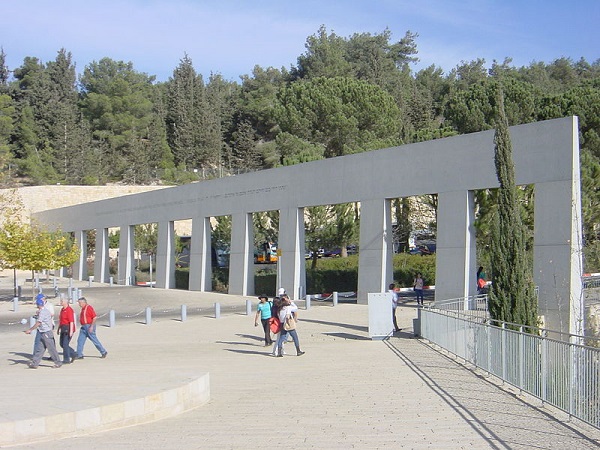
Yad Vashem Entrance by Sastognuti distributed under a CC BY-SA 3.0 license

Prof. Aviad Hacohen is dean of the Sha’arei Mishpat Academic College. He received his PhD in law magna cum laude from the law school of the Hebrew University in 2003.

